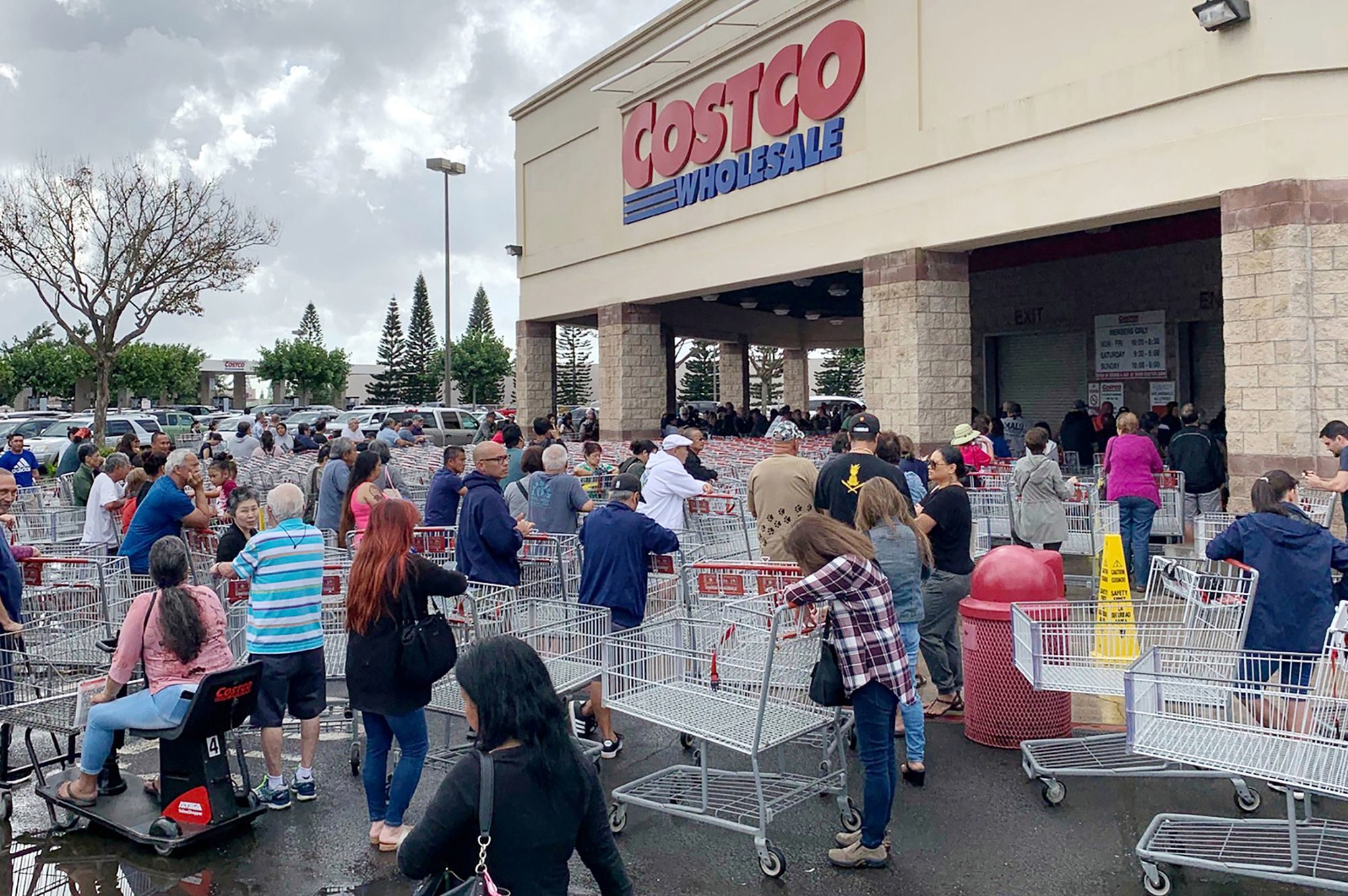These articles and others like them that have been making the rounds have been spinning around my head in recent weeks:
In short, decoupling basically means in practice a shift away from international supply chains. These chains emerged in part because outsourcing to foreign nations has some advantages: cost savings, technology transfer, etc. But there are obvious risks involved.
In terms of international economics, decoupling is not exactly a new idea, or at least new in terms of the timespan of the Covid-19 crisis:
However, the disruptions from Covid-19 have made clear exactly how vulnerable we are. It seems likely there is going to be a new urgency to the notion of decoupling. Whether that translates into actual decoupling remains to be seen, but some degree of decoupling may already have been happening so there may be some momentum.
For our purposes decoupling is a more immediate and personal concept. In some sense prepping is an act in anticipation of forced decoupling. You might not get supplies you need, for instance, so you have stores of them. You may not be able to rely on public security services, so you have to think about your own defense. And so on.
It is possible that this instinct to be ready for personal decoupling will be strengthened by this crisis. More folks probably will start looking to reduce their reliance on society, at least in terms of reliance on continuously functioning social structures. They will build up their stores of food, ammo, key pieces of equipment, medicine, etc. Some will start looking for property with survival in mind. And this is a good thing: we will be a more de-centralized society where fewer folks will operate under the assumption of constant support from larger social structures.
Above all, folks will probably start thinking more and more as units decoupled from, and not necessarily aligned with, society. This won’t just manifest itself through prepping: the next few months will probably accelerate an already present trend toward isolated lives based on a bespoke virtual existence. Bearing witness to the way that their fellow Americans have reacted to the crisis, many are probably now concluding that they cannot count on at least some of their neighbors to be smart in tough times: we have also witnessed an epidemic of denial, statistical illiteracy, arrogance, etc.
This reaction is natural, but may also be the wrong move. First, the more atomized and dysfunctional our society, the more likely we are to face some types of crises that would put preps to the test.
Second, the lone wolf model of prepping is a risky. Yes, it allows for faster, more streamlined decisionmaking. The appeal of this is obvious: who wants to spend time convincing the obstinate in times of emergency? The only catch here is what if you are the one that is wrong or not quite right? What if there is some consideration you missed? Sometimes dialogue leads to better decisions. There are clearly limits to this, but a small group of reasonable folks aligned in their goals often delivers better decisions that balance risks better.
Yes, you can develop skills for many things you need to survive. But small groups allow for some degree of specialization. The truth is, some people’s minds are better bent toward thinking about health and medicine. Some are just better at cooking, or sewing, or shooting, or hunting, or just telling stories by the fire that, believe me, might be your psychological salvation on the darkest nights.
This is why I have rule 6 for my personal preps:
6. Community
Yes, a lot of big, long standing vulnerabilities in our society are being revealed now. But don’t go to the other extreme, throwing the baby out with the bathwater in the process.
Its not just about feeling good about yourself. Its also a safer bet in lots of circumstances.
